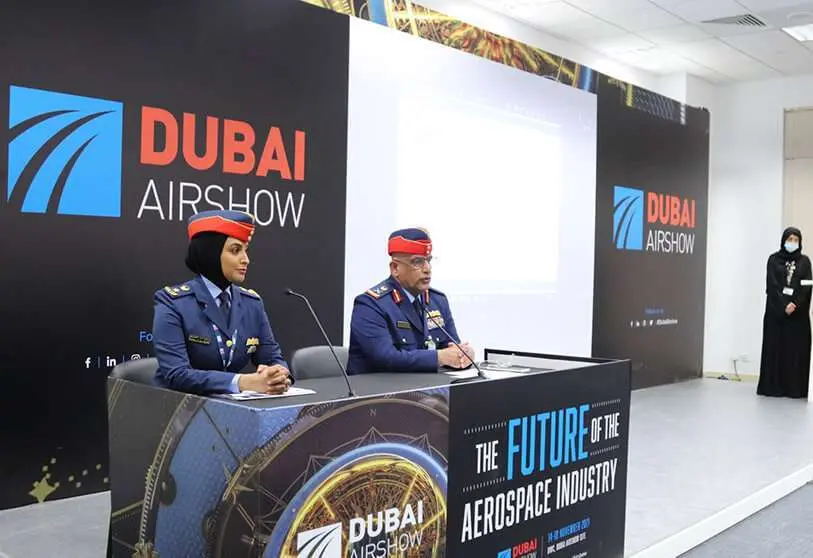Dubai Airshow 2021: Brazil's Embraer announces the creation of a new turboprop

Between 14 and 18 November, the United Arab Emirates hosted one of the world's most important aeronautical events, the Dubai Airshow 2021, with more than 20 pavilions from different nations, along with aeronautical displays of more than 160 commercial, military and private jets.
Brazilian company Embraer took advantage of the global event to announce its new aeronautical project, which will focus its efforts on the development of 70 (TP70 model) and 90-seat (TP90) turboprops. Its president and chief commercial officer, Arjan Meijer, announced that their equipment could be on the market by 2027, and will be able to run entirely on sustainable aviation fuel.
The turboprop proposes a unique class design that could become a benchmark for the company to "continue to bring new technologies to the market, but that will probably be in the late 2040s, when alternative fuels will be available," Meijer said.

During the Dubai Airshow, Embraer announced its 20-year market forecast, where lack of demand for aircraft is causing its industry to shrink by 20% compared to the previous forecast, due to slower growth in the global economy after the COVID-19 pandemic, but said profits and sustainability will be higher.
The Brazilian company, as the world's third-largest aircraft manufacturer, forecasts rising global demand for new aircraft of up to 150 seats, increasing the fleet to 10,900 jets and turboprops by 2040, worth about $650 billion.
"Excessive exposure to long-haul intercontinental traffic is a risk for the future. Fleet flexibility will be essential to explore underserved short- to medium-range markets," Embraer announced in its presentation.
Future growth opportunities project global traffic to increase by 3.3% by 2040, tapping into the "untapped potential" of Middle Eastern markets. Asia-Pacific and Latin America accounted for the largest traffic growth at 4.2 % each, followed by 3.8 % in Africa and 3.6 % in the Middle East.

The need for face-to-face meetings and visits will never go away, but their frequency has decreased considerably. As a result, Embraer expects to increase its standard-body jets to 48% of its fleet by 2040.










